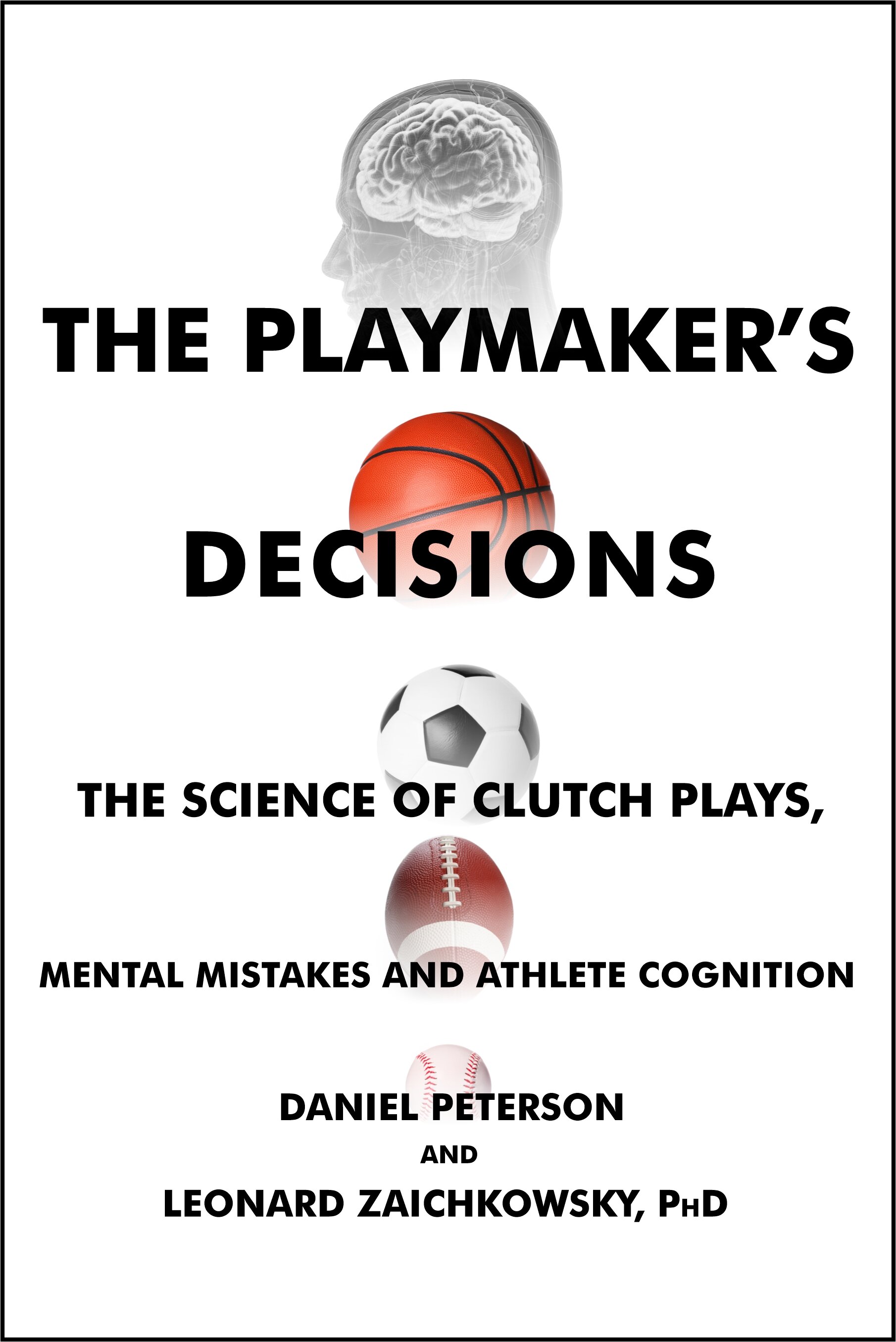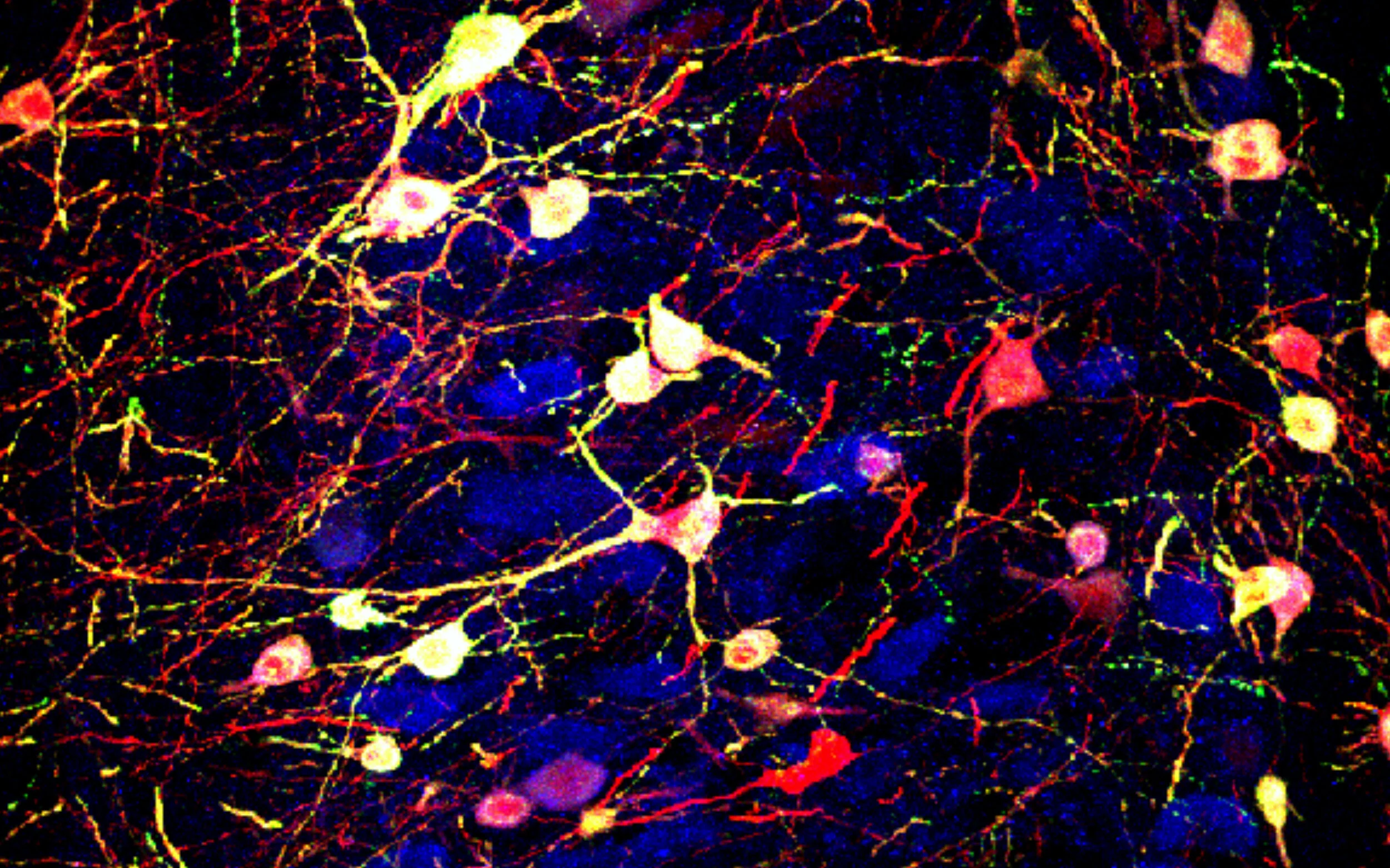How To Train The Runner's Brain - An Interview With Jason Fitzgerald
/
As productive human athletes, we just assume that we can knock down any walls put in front of us and conquer new feats of greatness if "we just put our mind to it." Our conscious brain sets goals, gives pep talks and convinces us that with the right training plan, we can finish a race of any distance.
But, when we're stretching our training run farther than ever before, the little voice in our head pops up to try to talk some sense into us; "that's enough for today" or "there's a lot of pain happening right now, time to quit."
As I discussed in last week's post about the central governor theory, neuropsychologists are finding new ways to acknowledge and actually train the conscious brain to ignore or at least delay the stop orders coming from the subconscious, physiological control center.
In his recent TED talk, David Epstein, author of The Sports Gene, described the brain's circuit breaker role this way; "Our brain acts as a limiter, preventing us from accessing all of our physical resources, because we might hurt ourselves, tearing tendons or ligaments. But the more we learn about how that limiter functions, the more we learn how we can push it back just a bit, in some cases by convincing the brain that the body won't be in mortal danger by pushing harder."
How exactly can we do that? For practical answers on all things running, my "go-to" source is Jason Fitzgerald, a 2:39 marathoner, USATF-certified coach.
I asked Jason about his thoughts on the topic of brain training and for some "try this today" tips that we can all start using.

Jason, thank you for joining us today.
As an experienced (and fast) distance runner yourself, let’s start with your favorite anecdote/story of when you felt your brain, more than your body, prevented you from achieving your goal finish time.
Jason Fitzgerald:
Thanks Dan, happy to be here! There are so many races where I under-performed because my brain worked against me. A former coach called this not being “mentally tough” and that phrase has stuck with me through the years. As runners race more and more, being able to get outside of your comfort zone – to get comfortable being uncomfortable – is a learned skill required for reaching your potential.
But, easier said than done! Just a few months ago I ran a half marathon as my tune-up race before the Boston Marathon. And as happens for many half marathoners, I started slowing down and thinking that I wasn’t fit enough to run a personal best around the 10-mile mark. Well, after two miles of being slightly under my goal pace, I got a second wind and the last mile was my fastest!
What happened there? It’s the classic scenario of your brain convincing your body that you have to slow down to preserve homeostasis and avoid shutdown of your biological systems. Even though my last mile proved that I could run a lot faster with no ill effects. It’s a tough lesson to learn, but one that is reinforced from frequent racing.
As you know, there is an ongoing debate among exercise scientists about a brain process called the “central governor” that acts as an internal thermostat that prevents us from exercising to a point of physiological failure.
Originally proposed by Archibald Hill back in the 1920s and popularized more recently by Dr. Tim Noakes, the theory says that when our brain is signaling fatigue, we actually have an extra reserve of energy to call on.
From your work with runners, what is your opinion on this theory and do you think its possible to “train the brain” to adjust this perception of fatigue?
Jason: I absolutely agree that the central governor theory is sound. As you can see from my half marathon experience, I’ve felt it personally and I’ve also seen it in the results of my athletes. You can see it in your own results when you’re able to sprint at the finish – even though a half mile before, you were convinced you couldn’t run any faster!
Even at the highest levels of the sport, elite athletes are able to run incredibly fast for the final lap of a track race. One (of the many) reason why they can do this is because they’ve repeatedly trained their brains to deal with high levels of fatigue – to become “comfortable being uncomfortable.”
Just like your leg muscles or heart, I consider the brain a muscle that needs training. There are many ways to accomplish this, but one of my favorites is to run very race-specific workouts that mimic the demands of your goal race. When you can run workouts like that – and finish them fast – you’re ready to control the incorrect perception that you have to slow down during a race.
As a coach for dozens of athletes what do you recommend to them for their mental preparation?What are the key components of preparing their brain as well as their legs?
Jason: So in addition to running race-specific workouts that mimic the demands of your goal race, there are other ways to subject your brain to what will happen during a race.
One of those is to race frequently. Racing is a skill that needs to be developed and being exposed to a race situation forces you to increase your “mental toughness” and handle significant amounts of fatigue.
There are many race strategies that you can use to reinforce this mental toughness (I’ve written about many of them here). But one that I borrow from Matt Fitzgerald, author of the recent Diet Cults book, is to run an early-season race and start at a pace that you know you can’t sustain. The goal is to make the race hurt and to try and push through the pain as much as possible. This helps teach the brain that racing is not a cataclysmic situation and the body will escape unscathed. Easier said than done, of course!
Those are great ideas, Jason! Thanks for your time today.











